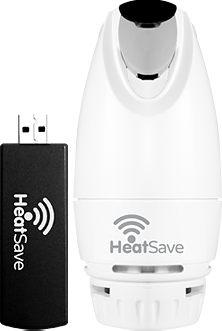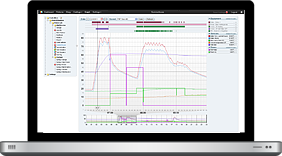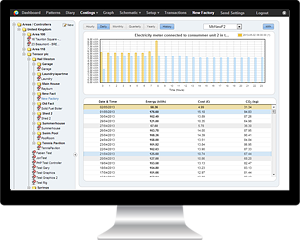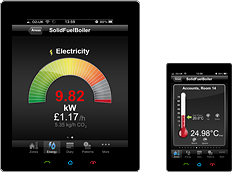Investors and landlords urged to prepare for the Minimum Energy Efficiency Standard (MEES)

Investors and landlords are being urged to prepare as the Minimum Energy Efficiency Standard (MEES) for both residential and commercial properties in England and Wales comes into force on 1 April 2018.
According an expert opinion on the topic, MEES contains two separate requirements: from 1 April 2018, landlords will not be permitted to grant a lease of a property with an EPC rating below E unless they have carried out all possible cost-effective energy efficiency improvement works, or an exemption applies. Then, from 1 April 2020, (in the case of residential properties) or 1 April 2023 (in the case of commercial properties), landlords will not be permitted to continue to let property with an EPC rating below E on an existing lease unless they have carried out all possible cost-effective energy efficiency improvement works, or an exemption applies.
For all commercial properties, cost-effective energy efficiency improvement works fall into two categories, namely either works that can be wholly paid for by a Green Deal plan and works to improve energy efficiency that will pay for themselves within seven years or less.
Energy efficiency experts also argued that it is only necessary to carry out sufficient works to bring the property up to an EPC rating of E, although owners are of course permitted to do more. Where there are no cost-effective works that can be done, or where all cost-effective works have been done and the property is still below an EPC rating of E, the landowner is allowed to grant a lease.
However, the assessment will need to be repeated after five years, as works that are not cost-effective now may have become cost-effective by then, and different types of improvements may then be available.
Various exemptions are also available, although they last for a maximum of five years and do not pass automatically to a future owner.
HeatingSave – easy to retrofit, can help landlords and tenants save energy and money
The HeatingSave Building Energy Management System helps customers save more than 30% on their bills by optimizing any heating system’s overall functionality. This is done by taking into account a variety of factors, such as internal and external temperatures, occupancy, time of the year, the particular characteristics of installed boilers, etc.
All of the data is used in order to determine the best heating patterns for the various heating zones within any building, using our proprietary heat-loss algorithm.
HeatingSave is also approved to work and save fuel within the Energy Technology List, which is managed by the Carbon Trust on behalf of the Government. It is also approved by the Department of Energy & Climate Change and the Energy Savings Trust and was specified by the Building Research Establishment for the energy efficient homes retro-fit program, called The Greenhouse Project.
Last, but certainly not least, it’s important to mention that HeatingSave is a component part of the Government’s Green Deal program.
If you’d like to find out more about HeatingSave’s accreditations, just visit the dedicated section on our website, and for any other information, just get in touch with our dedicated product team.






